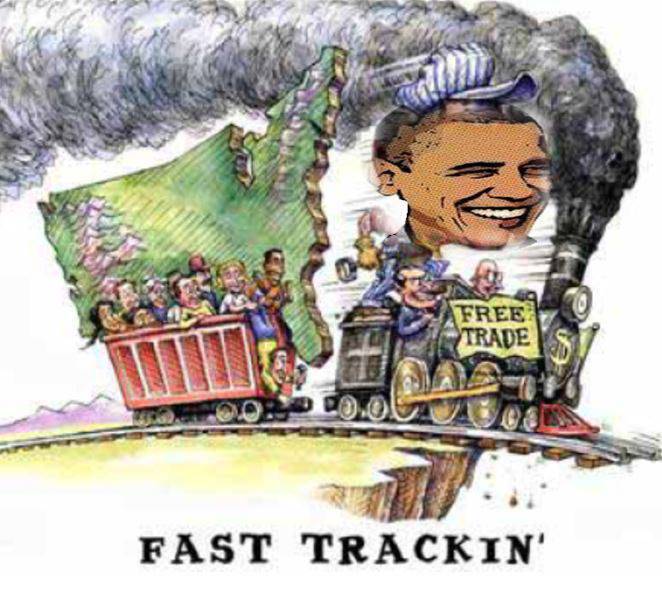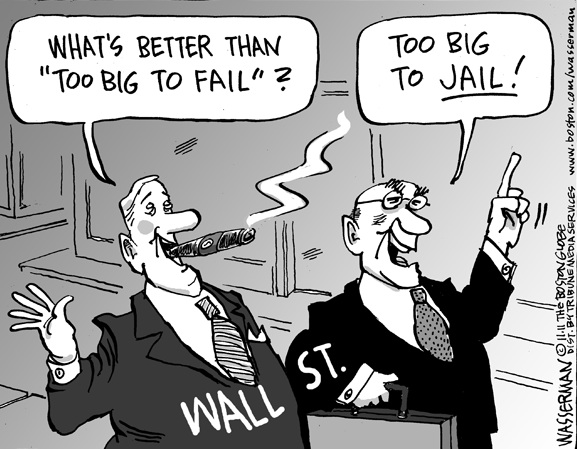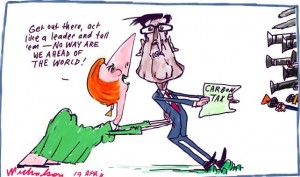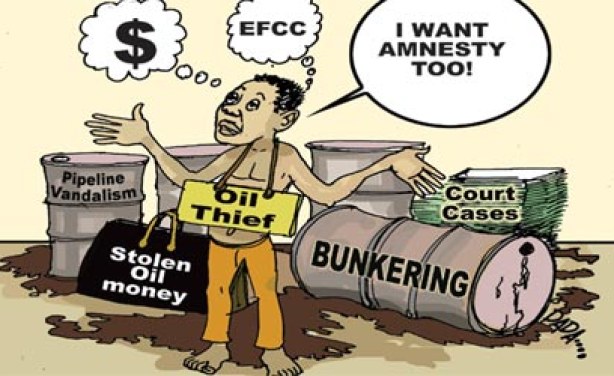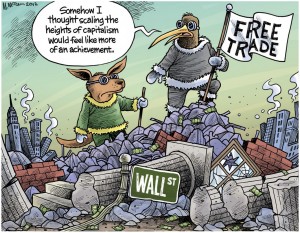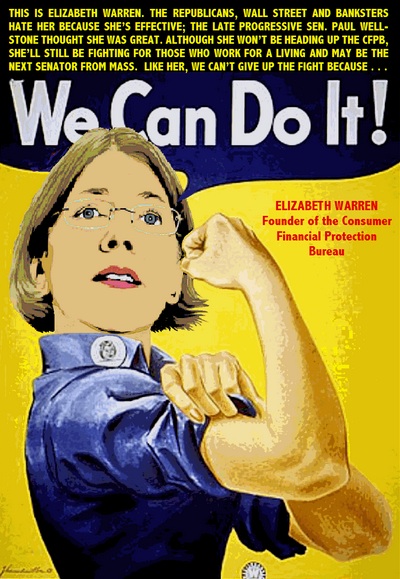EU countries struggled to agree on several measures aimed at addressing the migration crisis, and ministers failed to reach a unanimous agreement on a controversial European Commission proposal to relocate 120,000 refugees.
Slovakia and the Czech Republic opposed the plan to relocate the additional migrants, as proposed by the Commission, unless it is clear that it will be carried out on a voluntary basis, EU diplomats said. Diplomatic sources said a clash between France’s Bernard Cazeneuve and Slovakia’s Robert Kalinak made a final deal more difficult to reach.
The Commission has pushed for the relocation quotas to be mandatory for EU countries.
The meeting put a great emphasis on the quick set up of hotspots to quickly detect those in need of protection in Italy and Greece as a pre-condition of relocation, said Asselborn.
At the end of the meeting the final conclusions stated that the Council has “agreed in principle to relocate an additional 120,000 persons,” but the decision was not taken unanimously. The final document was issued by the Presidency and not by the whole Council.
The conclusion does not mention from which states the refugees will be relocated. In the Commission’s proposal, refugees were expected to be relocated from Italy, Greece and Hungary
In a press conference with Cazeneuve while the meeting was still going on, German interior minister Thomas de Maizière confirmed there had been no breakthrough deal on a mandatory quota system. On Friday European Council President Donald Tusk said he would call an emergency summit of EU leaders if this meeting failed to produce “a concrete sign of solidarity.”
A draft set of conclusions circulated before Monday’s meeting began retained the commitment to relocate the 120,000, but left out crucial details on how it would be carried out — and how the burden would be shared.
Commission President Jean-Claude Juncker last week made the proposal a centerpiece of his State of the Union address, saying Europe needed “immediate action” to address the crisis.
But by Monday afternoon the Commission was lowering its expectations. In a briefing before the ministers’ meeting, a spokeswoman said that for the Commission “mandatory is the best way forward” but that “if the result is achieved, that is the most important thing.”
The numbers being discussed by ministers are still only a fraction of the potential influx of refugees, which Germany’s Vice Chancellor Sigmar Gabriel estimated in a letter to members of his Social Democratic party (SPD) could be as high as one million people this year — in Germany alone.
Germany’s decision to reintroduce border controls along its frontier with Austria also complicated talks. The question of whether the relocation of refugees in Europe should be mandatory or voluntary has been one of the main problems for many nations, especially Eastern European and Baltic countries.
EU officials say Hungary’s reluctance to be considered a front-line border state was a problem in the negotiations. But after the proposal was unveiled by Juncker, Budapest backtracked, asking not to take part in the relocation package even though it would result in 54,000 refugees being moved out of Hungary (as well as 50,400 from Greece and 15,600 from Italy).
“I told the Hungarians that they should be the solution and not the problem,” said Jean Asselborn, the minister of foreign and European affairs of Luxembourg, “We want to help them. But the key to Europe’s functioning is not in the hands of Mr. Orbán. I hope we will find a solution.”
Interior ministers from Germany, France, Hungary, Italy and Greece held a separate meeting with representatives of the European Commission and the Luxembourg EU presidency ahead of the start of the Council, officials said.
Commission officials said Germany’s move to reinstate border controls was justified under the current circumstances and that Berlin had given assurances that the move was temporary.
They added that if it appeared that there would be a domino effect of too many countries enacting controls, they could ask the Council to assess the situation on the ground and intervene. But EU officials stressed this was not currently the case.



